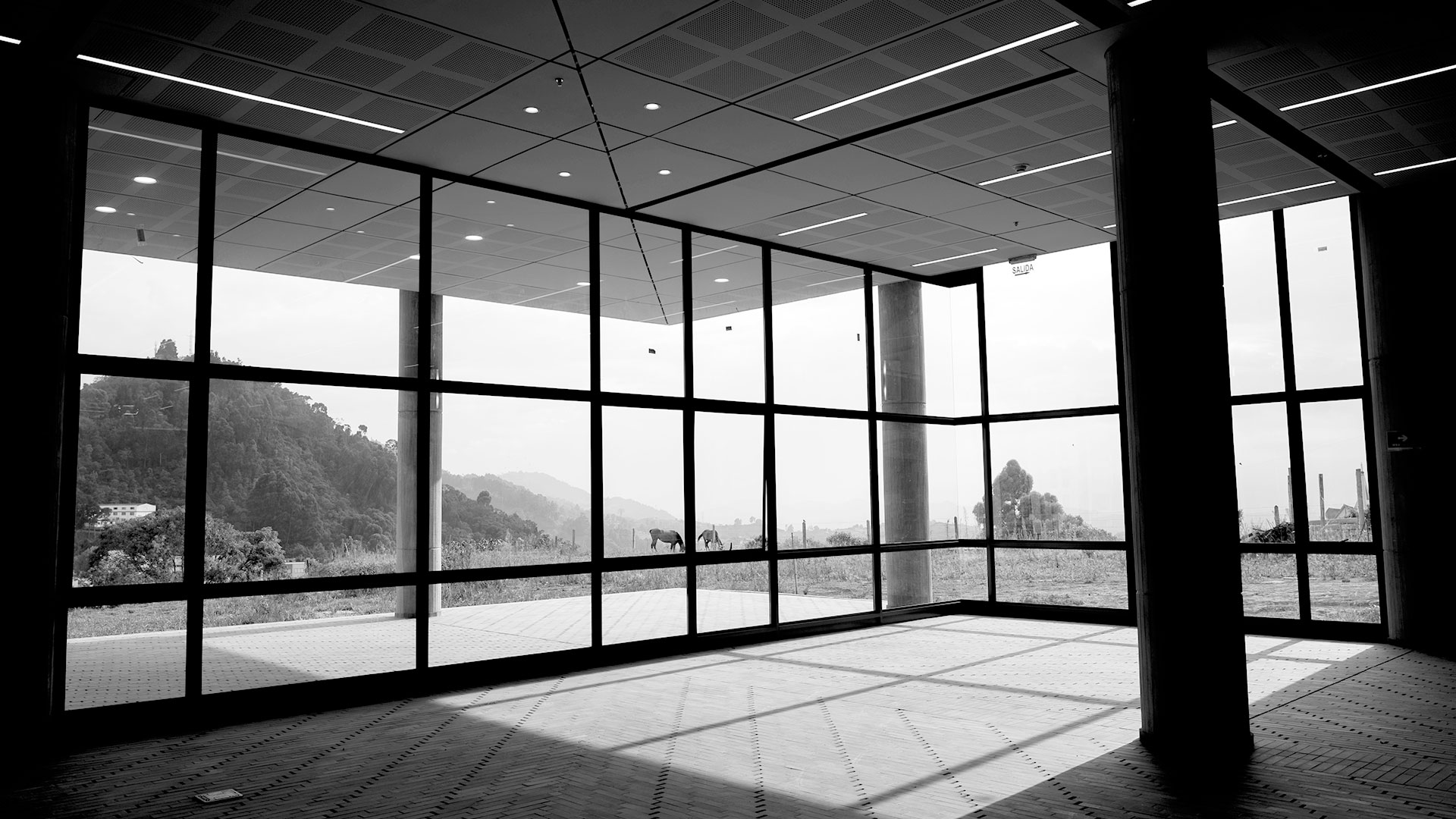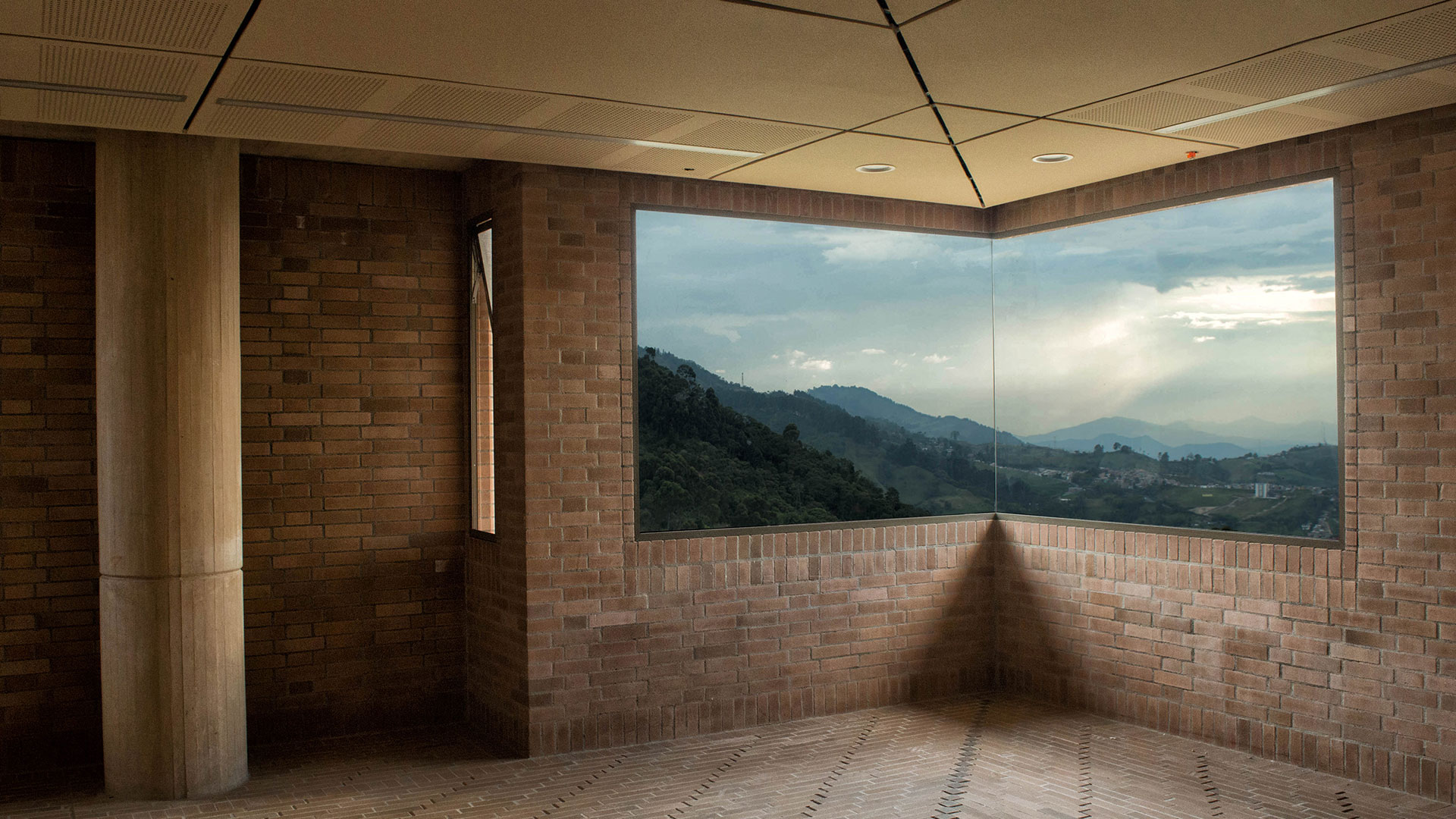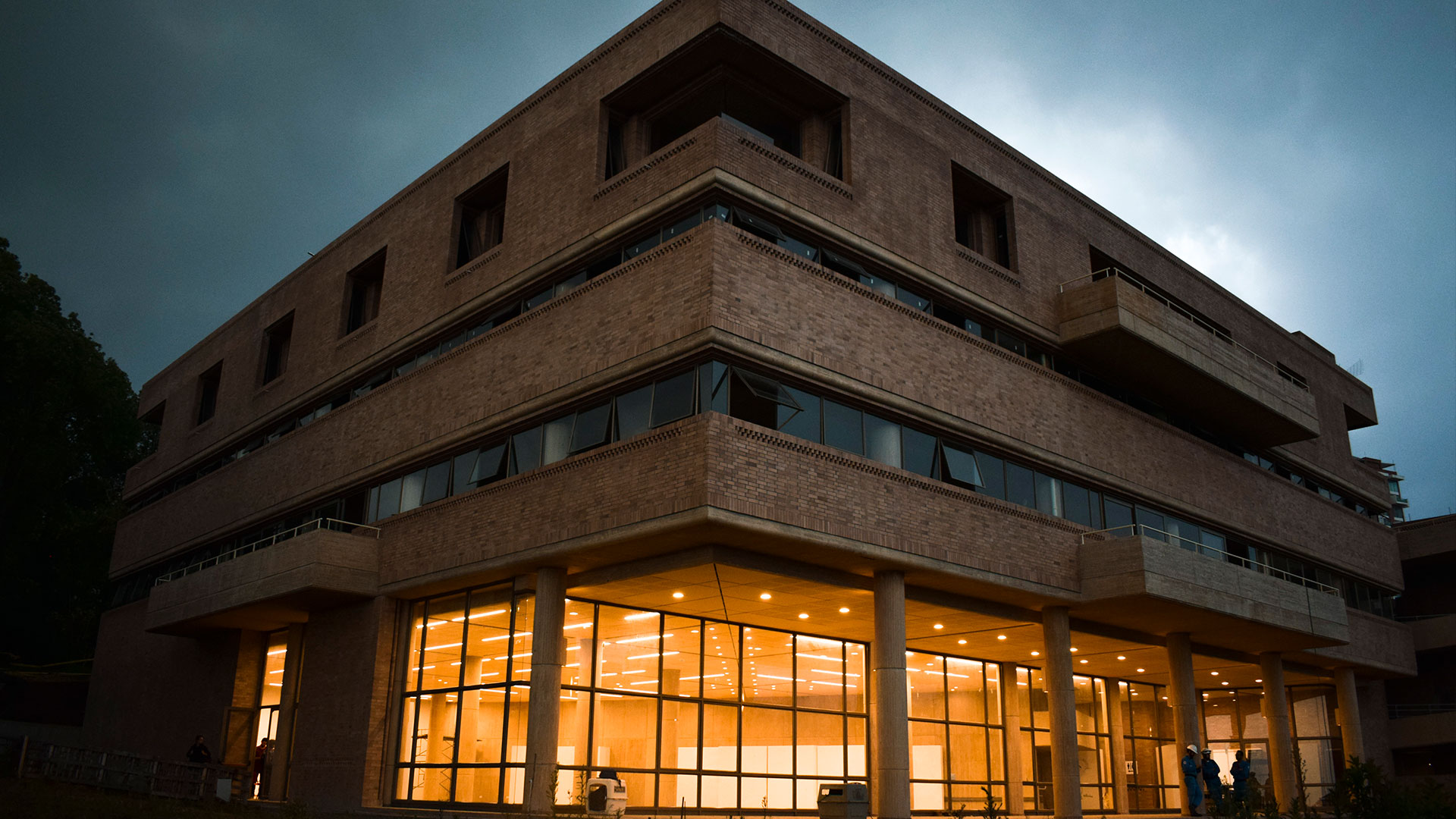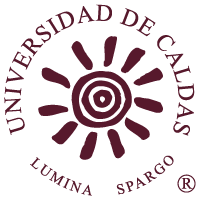| dc.contributor.author | Cifuentes Ruiz, Paula Andrea | spa |
| dc.date.accessioned | 2015-10-29 00:00:00 | |
| dc.date.accessioned | 2020-12-09T16:55:22Z | |
| dc.date.available | 2015-10-29 00:00:00 | |
| dc.date.available | 2020-12-09T16:55:22Z | |
| dc.date.issued | 2015-10-29 | |
| dc.identifier.uri | https://revistasojs.ucaldas.edu.co/index.php/lunazul/article/view/1518 | |
| dc.identifier.uri | https://repositorio.ucaldas.edu.co/handle/ucaldas/14538 | |
| dc.description.abstract | El objetivo de este documento es presentar los fundamentos y principios de una nueva tendencia de pensamiento ambiental que tiene relación con la complejidad, las ciencias de la totalidad y que rompen definitivamente con conceptos de linealidad. Contiene tres momentos: El primer momento proporciona elementos necesarios para comprender la Complejidad , que hemos heredado del pensamiento cartesiano y la modernidad, haciendo énfasis en lasrelaciones entre ecosistema y cultura, especialmente en el sistema rural. En un segundo momento, se presentan algunos cuestionamientos sobre cómo ha sido la adaptación del hombre sobre su entorno, teniendo en cuenta las diferentes dinámicas culturales con los ecosistemas. Finalmente se presentan unas propuestas respaldadas en diferentes estudios elaborados por expertos, que pretenden ser un aporte a los procesos de sostenibilidad de los territorios urbanos y rurales, teniendo como punto de partida que ambos coexisten y se impactan mutuamente generando interacciones en las que está imbuido el hombre en sus actos de adaptación cultura ; se presentan posibles estrategias para entender y actuar sobre nuestra realidad, la realidad de nuestro territorio, nuestro país.ABSTRACTThe objective of this document is to present the foundations and principles of a new tendency of environmental thinking that has relationship with the complexity, the totality sciences besides to show that they break up definitively with linearity concepts. It has three parts: The first moment provides necessary elements to understand the Complexity that we have inherited from Cartesian thinking and the modernity, making emphasis in the relationships between ecosystem and culture, especially in the rural system. In a second moment, some questions are presented on how the man's adaptation has been on its environment, keeping in mind the different cultural dynamics with the ecosystems. Finally some proposals are presented supported in different studies elaborated by experts that seek to be a contribution to the processes of sustainability of the urban and rural territories, having as starting point that both coexist and they are mutually impacted, generating interactions in those that the man is imbued in their acts of cultural adaptation, possible strategies are presented to understand and to make a difference to our reality, the reality of our territory, our country. | spa |
| dc.description.abstract | El objetivo de este documento es presentar los fundamentos y principios de una nueva tendencia de pensamiento ambiental que tiene relación con la complejidad, las ciencias de la totalidad y que rompen definitivamente con conceptos de linealidad. Contiene tres momentos: El primer momento proporciona elementos necesarios para comprender la Complejidad , que hemos heredado del pensamiento cartesiano y la modernidad, haciendo énfasis en lasrelaciones entre ecosistema y cultura, especialmente en el sistema rural. En un segundo momento, se presentan algunos cuestionamientos sobre cómo ha sido la adaptación del hombre sobre su entorno, teniendo en cuenta las diferentes dinámicas culturales con los ecosistemas. Finalmente se presentan unas propuestas respaldadas en diferentes estudios elaborados por expertos, que pretenden ser un aporte a los procesos de sostenibilidad de los territorios urbanos y rurales, teniendo como punto de partida que ambos coexisten y se impactan mutuamente generando interacciones en las que está imbuido el hombre en sus actos de adaptación cultura ; se presentan posibles estrategias para entender y actuar sobre nuestra realidad, la realidad de nuestro territorio, nuestro país.ABSTRACTThe objective of this document is to present the foundations and principles of a new tendency of environmental thinking that has relationship with the complexity, the totality sciences besides to show that they break up definitively with linearity concepts. It has three parts: The first moment provides necessary elements to understand the Complexity that we have inherited from Cartesian thinking and the modernity, making emphasis in the relationships between ecosystem and culture, especially in the rural system. In a second moment, some questions are presented on how the man's adaptation has been on its environment, keeping in mind the different cultural dynamics with the ecosystems. Finally some proposals are presented supported in different studies elaborated by experts that seek to be a contribution to the processes of sustainability of the urban and rural territories, having as starting point that both coexist and they are mutually impacted, generating interactions in those that the man is imbued in their acts of cultural adaptation, possible strategies are presented to understand and to make a difference to our reality, the reality of our territory, our country. | eng |
| dc.format.mimetype | application/pdf | spa |
| dc.language.iso | spa | spa |
| dc.publisher | Universidad de Caldas | spa |
| dc.rights | Derechos de autor 2015 Luna Azul | spa |
| dc.rights.uri | https://creativecommons.org/licenses/by/4.0/ | spa |
| dc.source | https://revistasojs.ucaldas.edu.co/index.php/lunazul/article/view/1518 | spa |
| dc.subject | Ordenamiento rural | spa |
| dc.subject | ordenamiento urbano | spa |
| dc.subject | nuevo paradigma ambiental | spa |
| dc.subject | complejidad | spa |
| dc.subject | interacciones ecosistemacultura | spa |
| dc.subject | sostenibilidad | spa |
| dc.subject | Rural ordering | spa |
| dc.subject | urban ordering | spa |
| dc.subject | new environmental paradigm | spa |
| dc.subject | complexity | spa |
| dc.subject | ecosystem-cultural interactions | spa |
| dc.subject | sustainability. | spa |
| dc.title | El cambio de paradigma en el desarrollo rural: ordenación del territorio para un desarrollo sostenible | spa |
| dc.type | Sección Artículos | spa |
| dc.type | Artículo de revista | spa |
| dc.type | Journal Article | eng |
| dc.identifier.eissn | 1909-2474 | |
| dc.relation.citationendpage | 1 de 5 | |
| dc.relation.citationissue | 21 | spa |
| dc.relation.citationstartpage | 1 de 5 | |
| dc.relation.ispartofjournal | Revista Luna Azul (On Line) | spa |
| dc.rights.accessrights | info:eu-repo/semantics/openAccess | spa |
| dc.title.translated | El cambio de paradigma en el desarrollo rural: ordenación del territorio para un desarrollo sostenible | eng |
| dc.type.coar | http://purl.org/coar/resource_type/c_6501 | spa |
| dc.type.content | Text | spa |
| dc.type.driver | info:eu-repo/semantics/article | spa |
| dc.type.version | info:eu-repo/semantics/publishedVersion | spa |
| dc.relation.citationedition | Núm. 21 , Año 21 : Luna Azul21 | spa |
| dc.relation.bitstream | https://revistasojs.ucaldas.edu.co/index.php/lunazul/article/download/1518/1438 | |
| dc.type.coarversion | http://purl.org/coar/version/c_970fb48d4fbd8a85 | spa |
| dc.rights.coar | http://purl.org/coar/access_right/c_abf2 | spa |





